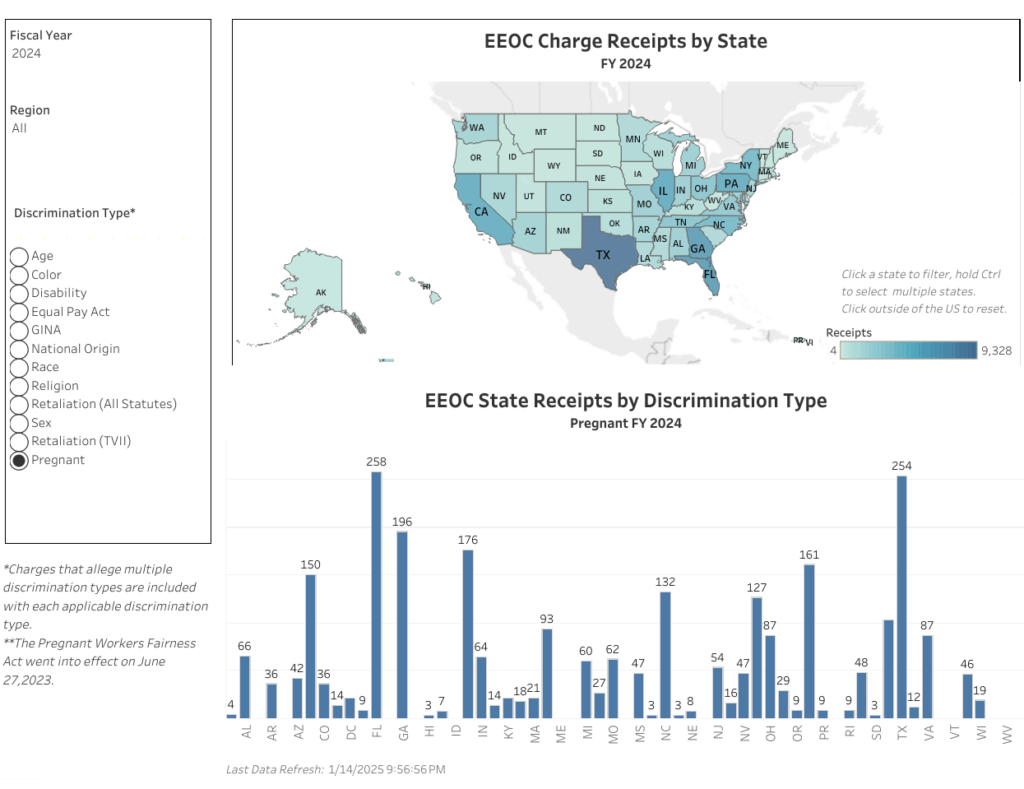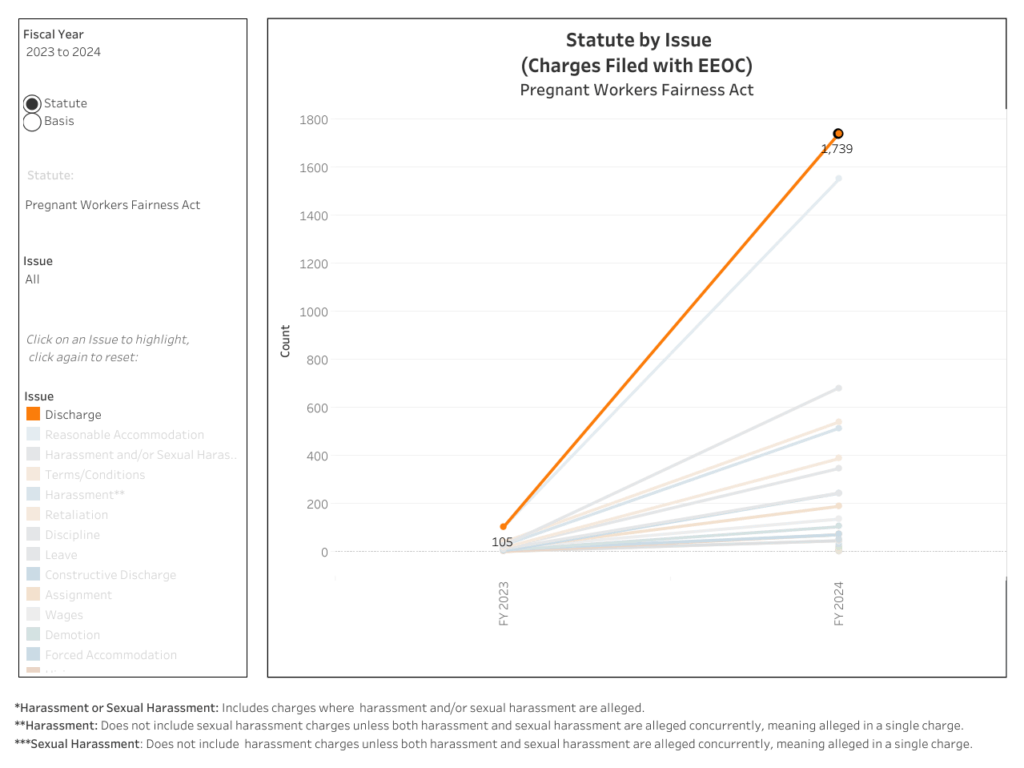The $103 Million Wake-Up Call: Age Discrimination in the Workplace
For thirty-one years, Joy Slagel was a loyal employee. She built a career, managed cases, and even won awards for her customer service. But in the corporate world, three decades of experience doesn’t always guarantee respect—sometimes, it paints a target on your back. After a leadership change in 2012, the atmosphere at her workplace shifted. Older colleagues began disappearing, forced into resignation or fired outright. Slagel found herself isolated, criticized for “setting the bar too high,” and eventually terminated without explanation after returning from medical leave.
Her story isn’t an anomaly, but the outcome was historic. A Los Angeles jury recently ordered her former employer, Liberty Mutual Insurance Co., to pay $103 million in damages. The verdict sends a thunderous message to boardrooms across America: discriminating against older workers is not just unethical; it is a massive financial liability.
Age discrimination remains a pervasive, often silent issue in the modern workforce. While we frequently discuss diversity in terms of race and gender, age bias often flies under the radar until it causes irreparable harm to careers and health. Whether it manifests as a subtle comment about “fresh energy” or a blatant firing of senior staff, ageism is illegal, harmful, and costly.
Federal Age Discrimination Laws
Understanding the Age Discrimination in Employment Act (ADEA)
At the federal level, the primary shield against this bias is the Age Discrimination in Employment Act of 1967 (ADEA). This law explicitly protects individuals who are 40 years of age or older from employment discrimination based on age. It applies to both employees and job applicants.
Under the ADEA, it is unlawful to discriminate against a person because of their age with respect to any term, condition, or privilege of employment. This is a broad umbrella that covers nearly every aspect of the working relationship, including:
- Hiring: Employers cannot refuse to hire a candidate simply because they are over 40.
- Firing and Layoffs: Targeting older workers for redundancy during restructuring is prohibited.
- Compensation and Benefits: Older workers cannot be paid less or denied benefits offered to younger counterparts.
- Promotions and Training: denying career advancement or upskilling opportunities based on age is illegal.
The law applies to employers with 20 or more employees, including employment agencies, labor organizations, and federal, state, and local governments. Additionally, the Older Workers Benefit Protection Act (OWBPA) amended the ADEA to prohibit employers from denying benefits to older employees, recognizing that the cost of providing benefits should not be used to discourage hiring experienced talent.
California Age Discrimination Laws
Fair Employment and Housing Act (FEHA)
The Fair Employment and Housing Act (FEHA) is a California law that offers strong protections against age discrimination for individuals aged 40 and older. Under FEHA, age discrimination occurs when an employer treats a job applicant or employee less favorably because of age. This can include actions such as denying promotions, terminating employment, or refusing to hire someone solely based on their age. FEHA applies to employers with five or more employees and requires that all workplace decisions be based on merit and qualifications rather than age. Additionally, FEHA prohibits practices like including age preferences in job advertisements or enforcing seemingly neutral policies that disproportionately affect older workers without legitimate, non-discriminatory reasons. This law serves as a crucial safeguard, ensuring that older employees are treated fairly and have equal opportunities in the workplace.
While the Fair Employment and Housing Act (FEHA) and the Age Discrimination in Employment Act (ADEA) offer similar federal safeguards, they aim to prevent age discrimination but differ in scope and application. FEHA applies to employers with five or more employees and includes broader protections against various types of discrimination beyond age discrimination. In contrast, the ADEA specifically addresses age discrimination and applies to employers with 20 or more employees, making its coverage threshold stricter.
Another key distinction between the two laws is the age group protected. Under the ADEA, the law specifically protects individuals aged 40 and older from discrimination. FEHA, however, doesn’t explicitly set a minimum age but prohibits age-based discrimination more generally, which may allow for a broader interpretation within California. Additionally, claims under the ADEA are typically filed with the Equal Employment Opportunity Commission (EEOC), while FEHA claims are processed through the California Civil Rights Department (CRD). This emphasizes the overlap yet distinct processes these laws provide. Together, FEHA and ADEA establish a comprehensive framework to protect workers from age discrimination, especially in jurisdictions like California, where state and federal regulations intersect.
How Age Discrimination Manifests in Real Life
Bias rarely announces itself with a megaphone. Instead, it often creeps into the workplace through coded language and subtle exclusions. While the law is clear, the application of discrimination can be murky.
In hiring, it might look like job postings that seek “digital natives” or caps on years of experience, effectively filtering out older applicants before they even apply. In the office, it can be social exclusion—being left out of meetings, overlooked for challenging assignments, or subjected to “jokes” about retirement or adaptability to technology.
The most damaging forms often occur during restructuring. Companies looking to cut costs often target higher-salaried employees, who tend to be older workers with long tenure. If a layoff disproportionately affects those over 40, it may violate the ADEA.
Similarly, promotions may be withheld under the guise that an older employee “lacks long-term potential” or “isn’t a cultural fit,” phrases that often serve as smokescreens for bias.
Anatomy of a Verdict: The Liberty Mutual Case
To understand the severity of age discrimination, one need look no further than the recent case against Liberty Mutual. The details, as presented in court, paint a disturbing picture of a systematic effort to push out older workers.
According to court filings, the environment at Liberty Mutual shifted dramatically around 2012 following the promotion of a new regional claims manager, Ariam Alemseghed. The complaint alleged that a pattern emerged where employees in their 50s and 60s were forced to resign. Eventually, of the approximately 120 employees in the department, only two were over 40. Joy Slagel was one of them.
The harassment Slagel endured was calculated. Despite a spotless 30-year record, she was suddenly criticized for being a bad team player. The complaint detailed how she was ignored during morning greetings and singled out during meetings. When she won a customer service award and a $1,000 gift for her exemplary work, the regional manager allegedly undercut the achievement by telling her she “got lucky” and that it “would never happen again.”
The stress of this hostile environment took a physical toll. Slagel’s blood pressure worsened, forcing her to take a short-term disability leave. While she was away, the company sent a courier to retrieve her laptop—an unusual move that foreshadowed her fate. Upon her return, her access badge had been deactivated. She was called into a conference room and fired, effective immediately. She was replaced by a white male in his late 20s.
The jury’s verdict—$20 million in compensatory damages and $83 million in punitive damages—was a direct rejection of these tactics. Justin Shegerian, the lead trial attorney, stated that the verdict is a “resounding message” that juries will hold employers accountable for such harm.
Strategies for Employees Facing Discrimination
If you suspect you are being targeted because of your age, it can feel isolating. However, there are steps you can take to protect yourself and build a potential case.
Document Everything
Paper trails are essential. Keep a detailed record of discriminatory comments, exclusion from meetings, or sudden negative shifts in performance reviews that contradict your actual output. In the Liberty Mutual case, the timeline of events—from the leadership change to the specific comments made during the award ceremony—helped establish a pattern of behavior.
Know Your Rights Regarding Waivers
Employers sometimes ask departing employees to sign waivers releasing the company from ADEA claims, often in exchange for a severance package. Under the OWBPA, these waivers must meet strict standards to be valid. You must be given at least 21 days to consider the agreement and seven days to revoke it after signing. Most importantly, you should be advised in writing to consult an attorney. Do not sign away your rights without legal counsel.
Oppose the Behavior
Retaliation for opposing discriminatory practices is illegal. If you report age discrimination to HR or file a charge, and your employer punishes you for it, that retaliation is a separate legal violation.
For employers, the $103 million verdict against Liberty Mutual should serve as a stark warning. The costs of age bias extend far beyond legal fees; they damage reputation, morale, and institutional knowledge.
“This verdict is a resounding message to corporations nationwide: age discrimination is illegal, it is harmful and juries will hold employers accountable,” Justin Shegerian, lead trial attorney and founder of Shegerian & Associates, said in a statement.
Preventing discrimination starts with culture. Employers must ensure that performance reviews are based on objective metrics, not subjective feelings that can mask bias. Leadership training is crucial—managers need to understand that comments about “fresh blood” or “digital natives” can be evidence of discriminatory intent.
Furthermore, audits of hiring and firing practices can reveal statistical anomalies before they become lawsuits. If a reduction in force impacts 80% of your workforce over 50, you have a problem. Building an inclusive workplace means valuing experience as an asset, not a liability.
Upholding Dignity in the Workforce
Joy Slagel gave 31 years to a company that ultimately treated her as disposable. The jury’s decision to award her over $100 million restores a measure of justice, but it cannot undo the stress and indignity she suffered.
Age discrimination is not merely a legal issue; it is a human one. We will all age. Creating a workplace that respects tenure and experience protects everyone’s future. Whether you are an employee facing bias or an employer seeking to avoid liability, understanding the high stakes of age discrimination is the only way forward.







